News
We’re Willing To Call Off Strike -ASUU
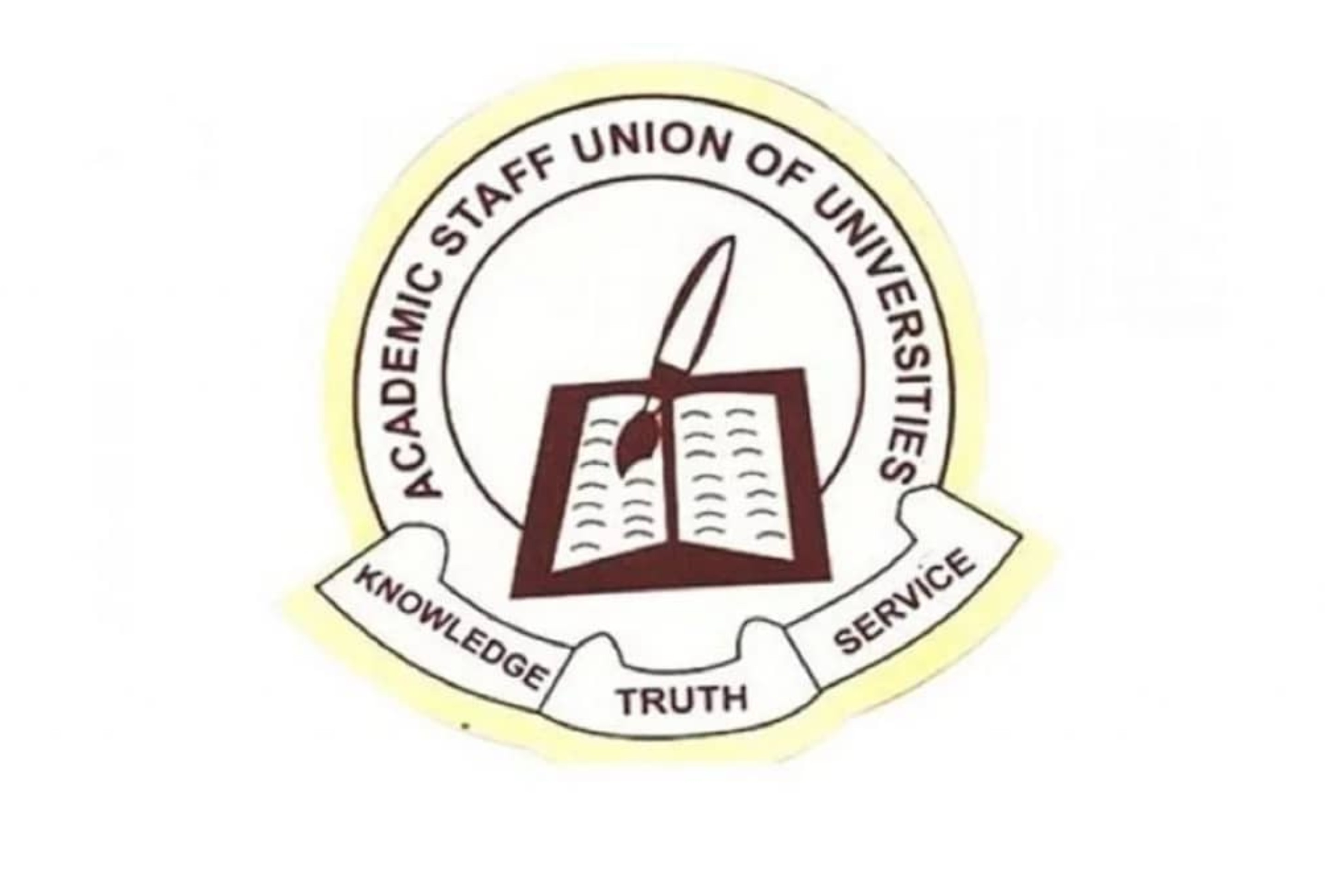
The President, Academic Staff Union of Universities (ASUU), Prof. Emmanuel Osodeke, has said that the union is willing to end its seven-month old strike.
Osodeke, however, said this could only be achieved if concrete agreements were reached with the Federal Government.
Osodeke gave the assurance in Abuja, yesterday, at a National Town Hall Meeting on Tertiary Education tagged: ‘ The Locked Gates of our Citadels -A National Emergency.’
The union embarked on industrial action on February 14, making it over seven months since public universities across the country were closed down.
The Federal Government recently sued ASUU at the industrial court in an attempt to end the strike.
“On all these issues, we have given the government a minimum that we can accept, but they have not responded on issue of revitilisation, on issue of earned allowance and on issues that we have all discussed.
“We negotiated and agreed that they should sign and this is very simple, not more than one day.
“On UTAS and IPPIS , we say release the report of the test you did and let’s look at the one who came first and take it as we agreed.
“So, we have given them the minimum we want and we have to come down and they can do it in one day if there is a will,” he said.
Osodeke, therefore, reiterated the union’s commitment to return to school if the Federal Government puts its proposal on the table, saying that negotiation could be reached if the government was willing.
“If the government loves this country, these children and their parents, then they should come to the table and let us resolve these issues in one day.
“Just as we did in 2014, they should come and ensure that we do that, we can even have the meeting openly so that Nigeria will see what we are discussing,” he said.
The ASUU president expressed sadness over the lingering strike resulting to government taking the union to court.
He said that suing the union was not an option as it would further worsen the situation of the students and tertiary education in the country.
He said that if the court forces the lecturers to return to school, they won’t force them to teach with open minds, saying that the students would definitely be at the receiving end.
Osodeke commended the Committee of Vice Chancellors and Pro-Chancellors for stepping in to resolve the issues.
He, therefore, called on parents and students to appeal to the government to do the needful so that the strike would come to an end once and for all, rather than attacking the union.
Meanwhile, Convener, Save Public Education Campaign, an NGO, Mrs Vivian Bello, pleaded with both parties to resolve the problems saying that the students are not the only people feeling the negative impact, but also the union.
Bello said that it behoves on both sides to bring the crisis to a perpetual end for the sake of the students as well as the development of education in the country.
“We are going to play our traditional role which is the role of monitor.
“We are going to keep very strong searchlight on the two actors- both in the government and on ASUU, in order to see that this issue of back and forth is quickly brought to an end the strike will be called-off,” she said.
Some of the contentious issues that led to the strike by the unions include the non-release of revitalisation fund, non-payment of earned allowance (or earned academic allowance), renegotiation of the 2009 Agreement, and the release of white paper for visitation panel.
Others are: the non-payment of minimum wage arrears and the inconsistency occasioned by the use of the Integrated Payroll and Personnel Information System (IPPIS).
News
May Day: Labour Seeks Inclusiveness In Policy-making
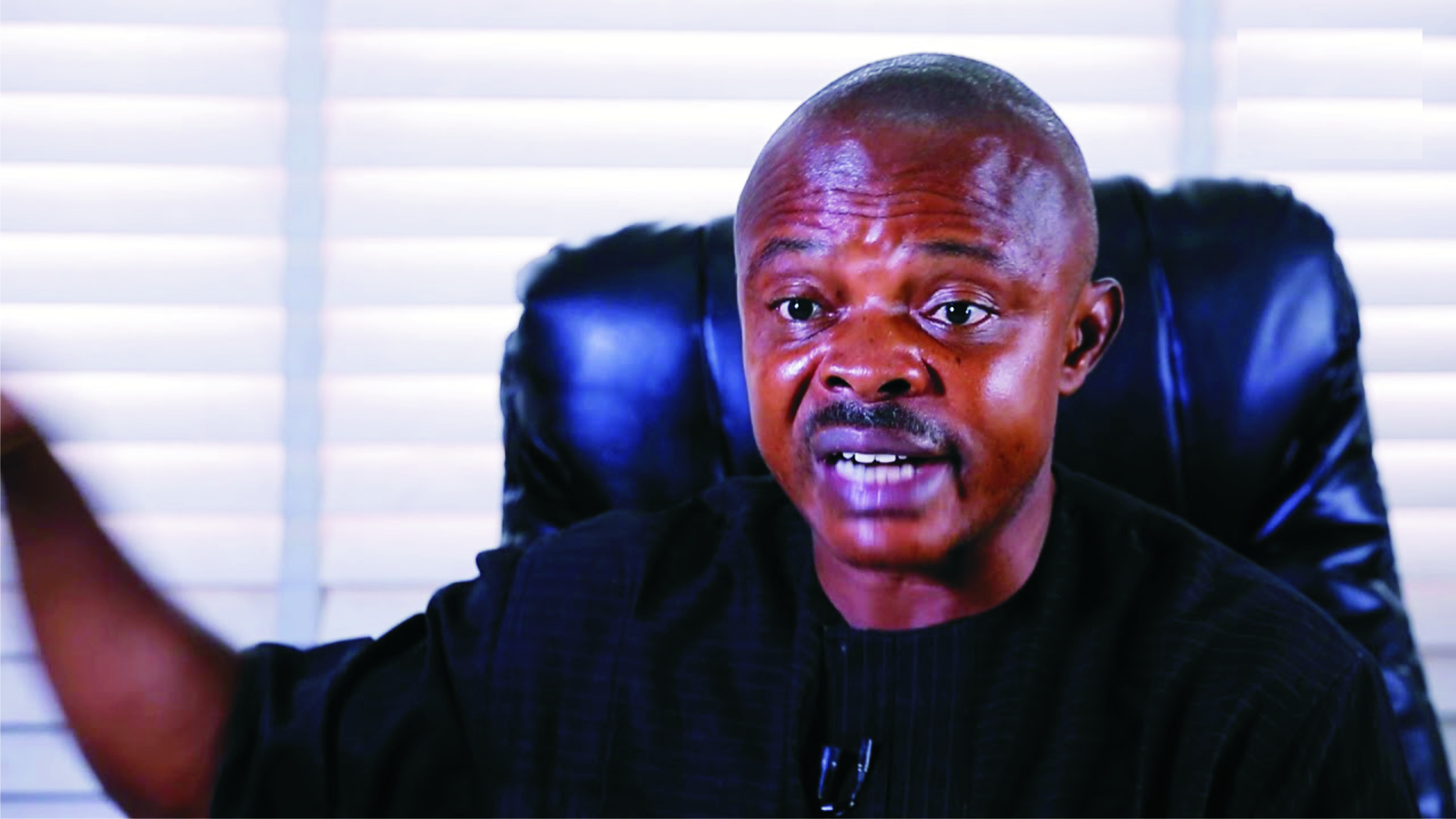
The Organised Labour yesterday, called on the Federal Government to ensure inclusiveness in policy making and guide against erosion of rights, such as free speech and association.
The President, Nigeria Labour Congress (NLC), Mr Joe Ajaero made the call at the 2025 Workers’ Day celebration held at the Eagle’s Square, Abuja.
The Tide source reports Ajaero and the President, Trade Union Congress, Mr Festus Osifo delivered a joint statement on behalf of the organised labour at the event.
Ajaero described May Day as, not only a moment to honour workers’ sacrifices, but also a platform to demand justice and accountability from those in public office.
He frowned at the alleged suppression of protests, and the erosion of rights of workers by some agents
According to him, workers have a duty to resist economic injustice, insecurity, and policies that undermine their dignity.
Speaking on the theme of the day, the NLC President underscored the need for Nigerian workers to reclaim the civic space and resist policies that contribute to worsening economic conditions.
“Our theme this year – “Reclaiming the Civic Space in the midst of Economic Hardship – reflects the urgent need for citizens to protect democracy and push back against repression.
“The civic space, where Nigerians express their concerns and challenge injustices is shrinking.
“If we fail to reclaim this space, the foundation of our democracy risks collapse,” he said
Ajaero, therefore, urged workers to unite and resist division, fear, and despair.
He also urged them to mobilise and organise for change, declaring that the right to demand better conditions is non-negotiable.
“Without workers, there is no society; without labour, there is no development. We must take our place in the fight for economic justice and democratic governance.”
Speaking in the same veins, Osifo said workers are the backbone of the nation—the educators, healthcare providers, builders, farmers, and innovators who sustain its economy -.
He stressed the need for the labour to reclaim the civic space even in the midst of economic hardship.
News
2025 UTME: JAMB Disowns Site Requesting Payment From Candidates

The Joint Admissions and Matriculation Board (JAMB) has disassociated itself from a fraudulent site requesting payments from candidates who missed the ongoing 2025 Unified Tertiary Matriculation Examination (UTME).
The board said that the site, “Copyrightwriter Personal J Rescheduling Flw” and account number 8520641017 at Sterling Bank, associated with it, are scam.
The disclaimer is contained in a statement made available to newsmen in Abuja on Thursday by the Board’s Public Communication Advisor, Dr Fabian Benjamin.
Benjamin said the account is being exploited to defraud unsuspecting candidates who missed their UTME.
“We issue this urgent notice to inform the public about this nefarious scheme targeting candidates who were unable to participate in the UTME.
“Some unscrupulous individuals are deceitfully soliciting payments of N15,700 under the false pretence of offering rescheduling services for the examination.
“Let us be unequivocal: this, it is a blatant scam, and we are confident that the public will not fall prey to such cheap and regressive tactics.
” The individuals behind this scam have no affiliation with JAMB or any legitimate government agency.
“The account details provided in these communications are entirely fictitious and bear no connection to any official processes; they exist solely for the purpose of perpetrating fraud,” he said.
Benjamin called on Sterling bank to take immediate and decisive action against this criminal activity.
According to him, JAMB has reported the matter to the relevant security agencies and actively pursuing those responsible for this deceitful act.
He further said that “JAMB does not reschedule examinations for candidates who miss their scheduled tests due to reasons unrelated to the Board’s actions”.
He, however, said that the Board is conducting a thorough investigation for candidates whose biometrics failed during verification and were thus unable to sit for the examination.
He said those without discrepancies would be invited to retake the examination at no cost , stressing that “no cost is required”
“It is imperative to understand that JAMB does not charge any fees for examinations after a candidate has completed their registration.
“We strongly urge all candidates to remain vigilant and not to succumb to these fraudulent schemes.
“Protect yourselves and report any suspicious activity immediately,” he explained.
News
NDDC Seeks UN’s Support To Accelerate Niger Delta Development
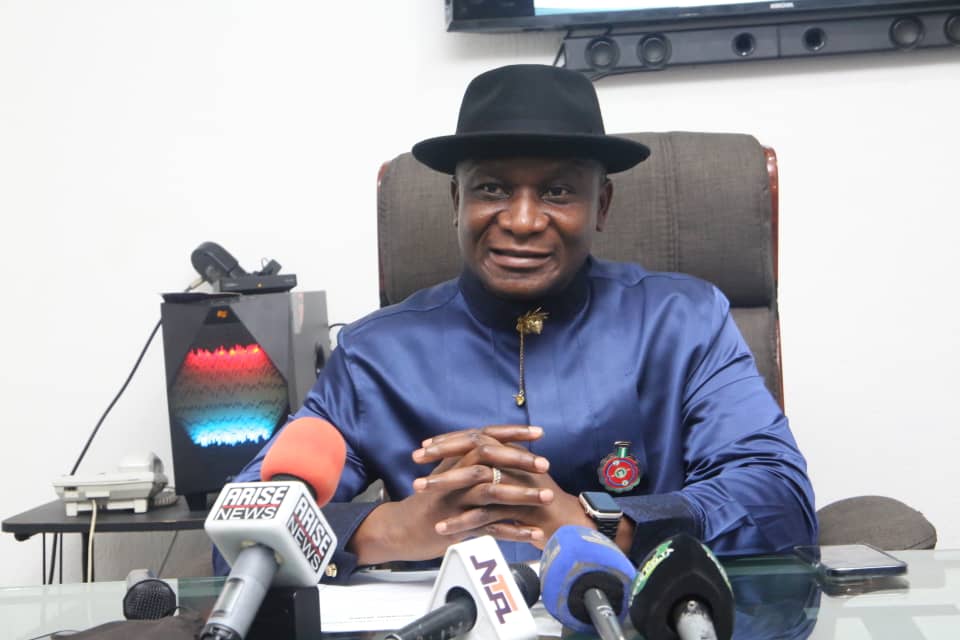
The Niger Delta Development Commission (NDDC) has expressed its willingness to partner with the United Nations (UN) to accelerate the development of the Niger Delta region.
Dr Samual Ogbuku, Managing Director of the NDDC, made the appeal in a statement issued by the commission’s Director of Corporate Affairs, Mrs Seledi Thompson-Wakama, in Port Harcourt on yesterday.
According to the statement, Ogbuku sought the UN’s support during his visit to the UN Resident and Humanitarian Coordinator (UNRHC), Mr Mohammed Fall, at the UN regional office in Abuja.
He called on the global body to provide the NDDC with technical assistance and expert services to support the region’s development.
“We are eager to collaborate with the UN, recognising that the state governments in the region and the NDDC alone cannot achieve the level of regional development required,” he said.
Ogbuku identified key areas where support would be needed, including the provision of portable and affordable drinking water powered by high-tech solar energy sources.
He also highlighted the importance of reforesting the mangrove swamps, which have been severely damaged by decades of environmental degradation caused by oil exploration in the Niger Delta.
“Although the NDDC has made progress in providing solar-powered streetlights across the region, we still require UN support in delivering solar energy solutions for residential buildings.
“We also wish to explore the possibility of installing solar mini-grids in homes across communities, which would boost local commerce and trade,” he added.
The NDDC managing director further appealed for increased UN involvement in areas such as healthcare, education, youth training, gender development, and food security.
Ogunku stated that such interventions would significantly enhance the standard of living in the region.
In response, Fall affirmed the UN’s readiness to collaborate with the NDDC to fast track development in the Niger Delta.
He assured that the UN would support initiatives in food security, job creation, education, and renewable energy, among other areas.
“We aim to approach development in the Niger Delta holistically, rather than focusing solely on environmental pollution.
“This is merely an entry point; however, the UN’s development vision aligns with the Sustainable Development Goals (SDGs), which are designed to positively impact various aspects of people’s lives,” Fall stated.
He assured the NDDC of continued and fruitful engagements to drive the region’s development.
-
Niger Delta4 days ago
Diri Recommits To Support For Security Agencies …Cautions AIG, Sacks Youth Exco
-
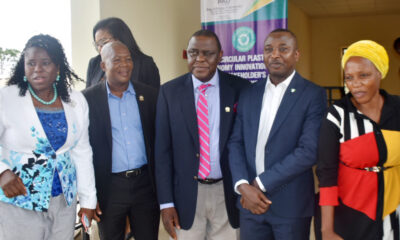
 Nation4 days ago
Nation4 days agoOgun, Nike Art Gallery Set To Transform Olumo Rock
-
Social/Kiddies4 days ago
Need For Girl-Child Education In Society
-

 Featured3 days ago
Featured3 days agoLabour Unions In Rivers Call For Improved Standard Living For Workers
-
Politics4 days ago
Gunmen Disrupt Political Rally In Bayelsa ….As Turnah, Others Emerge New Associates’Leaders
-
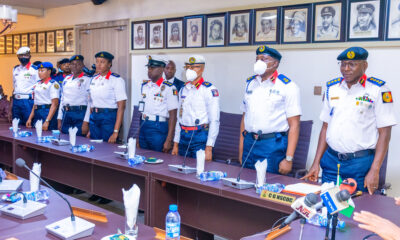
 Rivers4 days ago
Rivers4 days agoSecurity Agencies Engage Rivers Communities On Pipeline Protection
-
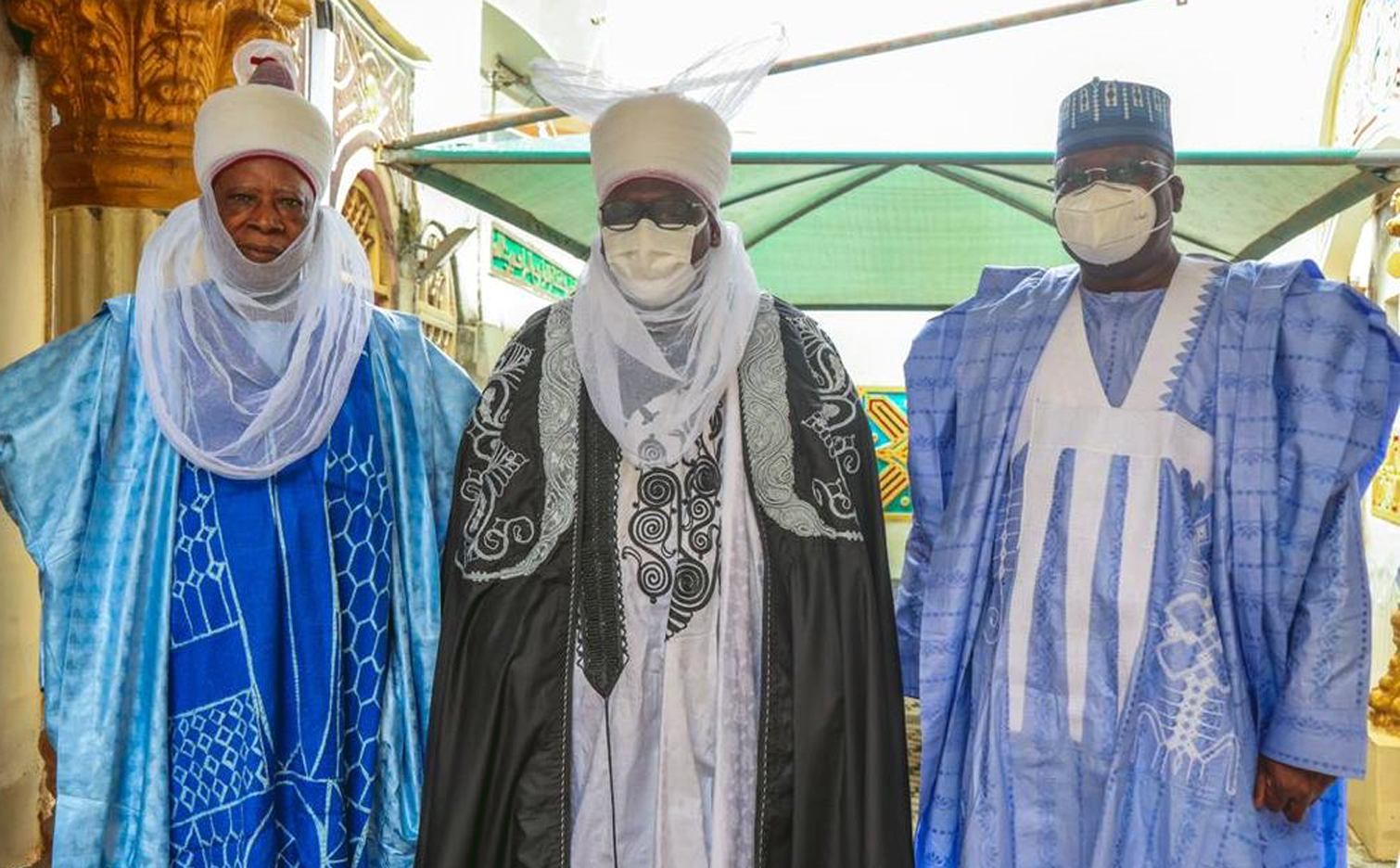
 Nation4 days ago
Nation4 days agoNasarawa Varsity Student Commits Suicide
-
Business4 days ago
Smuggled Rice Tops Seized Items List In 2025

